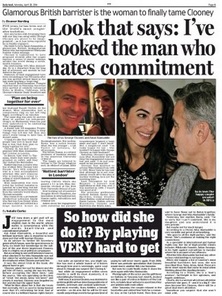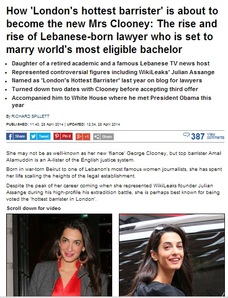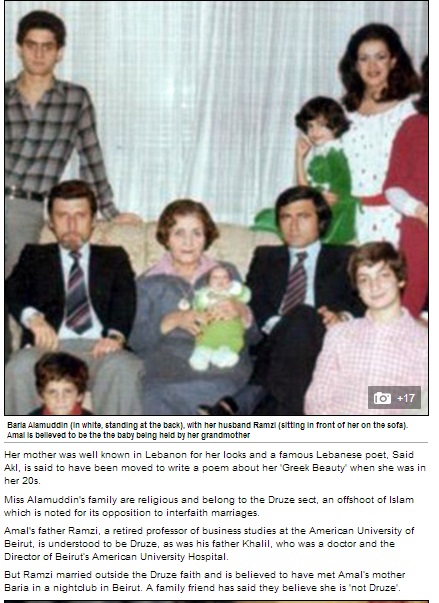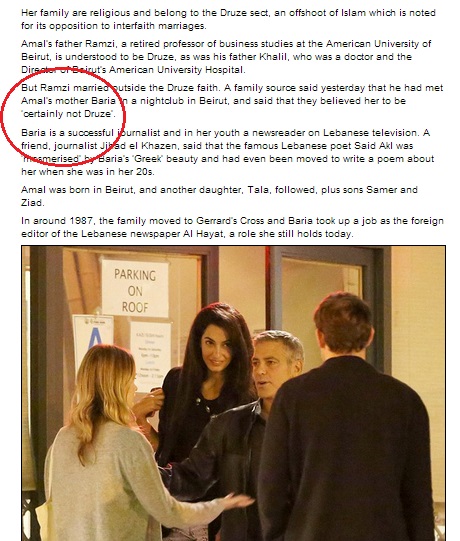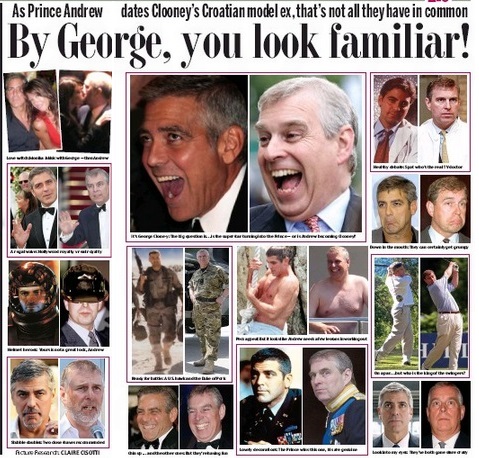When saying 'sorry' isn't enoughFriday 11 July, 2014
More than 900 years ago the Holy Roman Emperor knelt in the snow for three days in an apology to Pope Gregory VII. The most powerful secular and religious leaders in Europe were in conflict and Henry IV was trying to make peace after having the effrontery to appoint his own bishops. He was eventually admitted to the papal castle and there was a rapprochement.
Since then there have been countless apologies from people in high office - for the Salem witch trials, slavery, Japanese war crimes, attitudes to the Jews, Bloody Sunday, for US inaction during the Rwandan genocide, for British indifferent to the Irish potato famine. Americans have a day off every year to celebrate an apology - Thanksgiving is supposed to be a day to repent, having been declared a national holiday by Abraham Lincoln as an apology to God for the civil war. This week the Pope apologised to people who had been sexually abused by Roman Catholic priests; his predecessor, Pope Benedict, also issued an apology in 2010 and Pope John Paul said "sorry" twice in 2001 and 2002. The 1077 truce between Henry and the Pope didn't last. Because sometimes saying "sorry" isn't enough. It's how sincere you are and what you do afterwards that counts. Yesterday the Daily Mail issued an apology to George Clooney after he attacked the paper over a story suggesting his future mother-in-law was less than thrilled by her daughter's approaching nuptials. The story was, he said, a fabrication. He didn't care if the paper made up stories because he was used to it. But he was speaking out this time because it was dangerous and inciting religious problems were there were none.
The Mail took the story down from its website and published "a correction and an apology" online and in print. Every other paper meanwhile made hay by running stories about the conflict, Twitter had a wonderful time. But the Mail made the fundamental error that parents everywhere recognise when they force their children to say sorry. Its statement amounted to "Sorry to have upset you, but we didn't do anything wrong". And that isn't an expression of contrition. If the Mail thought that would be an end to the matter, it was mistaken. Today Clooney has thrown its apology back in its face and upped the stakes by accusing it of publishing a premeditated lie. In his second statement to USA Today, he says: There is one constant when a person or company is caught doing something wrong. The cover up is always worse. The date will have been easy for Clooney to remember, since it was the day his engagement was announced. Alamuddin's picture was on the front of the Mail and the story ran on page nine. The print version, by Eleanor Harding, says:
She comes from a prominent intellectual Lebanese family who fled war-torn Beirut when she was a child and settled in a large modern house in Buckinghamshire. Her mother Baria was a noted beauty when she was younger - a Liz Taylor of Lebanon by all accounts. Her father Ramzi is a retired professor of business studies at the American University of Beirut. Richard Spillett's article appears online and this is the section to which Clooney refers today:
The final two paragraphs have been repeated all over the place since -
in exactly the same form of words - though Spillett was not the first to write them. He seems to have been through the cuts and found Alison Boshoff's piece from March 30: So from being "certainly not Druze" in March, Mrs Alamuddin became "believed not Druze" in April and by this week she was telling half of Beirut "there are 500,000 Druze, are none of them good enough for her".
Game, set and match to Clooney, who concludes his latest statement: What separates this from all of the ridiculous things the Mail makes up is that now, by their own admission, it can be proved to be a lie. In fact, a premeditated lie. This denunciation from the world's hunkiest/sexiest/most eligible all-round good guy is the most powerful blow that could be delivered against the Mail. The paper's predominantly women readers may be blind to the way it constantly belittles them, but they will not be deaf to Clooney. They will believe him over the newspaper and distrust will set in.
In fact, the sequence of stories may not prove that the paper published a premeditated lie. It does, however, demonstrate how heavily the Mail (and many others) depends on cuts. It shows how online copy is built by copying and pasting previous stories on to the bottom of a fresh sentence or two, without any checks, with barely any change in phraseology, and with no regard to whether the finished article contradicts itself. And this, apparently is what the world wants to read. Sad, isn't it? |
|
Please sign up for SubScribe updates
(no spam, no more than one every week or two)
|
|
|



